Opioids are drugs that act on the nervous system to help relieve pain. The past few years there has been a substantial increase of opioid-related deaths occurring in Baltimore. According to Maryland’s 2016 Overdose Annual Report, the city of Baltimore alone experienced 694 overdoses in 2015.
The youth of Baltimore is the most affected by the rise of death in opioids. According to the Maryland Addiction Recovery Center, an estimated 95 percent of the people that come into their center are between 18 to 30 years old.
Dawn Jennings is the Director of Admissions at the Maryland Addiction Recovery Center, a substance abuse treatment facility in Baltimore. She does clinical assessments of patients to see if they are in need of being admitted for recovery, devoting her eife to helping people who have been struggling with addiction, after having experienced addiction first-hand.
“After my own personal struggle with addiction when I was in high school, I decided to get clean. I wanted to go to college to major in chemical dependency,” Jennings explained. “Since then I have been working in addiction counseling in Baltimore. Some of the main patients we receive have been struggling with opioid addiction.”
“A majority of the calls we get are concerned parents with college aged children that are going through addiction,” Jennings explained. “When people come in we teach them how to set boundaries in their personal relationships along with improving themselves.”
Gov. Larry Hogan has attempted to limit the amount of opioid deaths in Baltimore. He passed the Prescriber Limits Act of 2017 that requires health care providers to prescribe the lowest effective dose of an opioid. He also passed the Distribution of Opioids Resulting in Death Act that allows prosecutors to seek an additional 10 years for drug dealers who knowingly sell fentanyl and other opioids.
However, an anonymous resident of Maryland believes Gov. Hogan isn’t doing all that he can to help combat the rise of opioid related deaths.
“Most of his focus has been on trying to put people in prison for committing opioid crimes,” the source said. “I believe the focus should be more on helping people through treatment since many of these people clearly have an addiction problem.”
Zachary Hitchens, assistant director of Student Support and Wellness Promotion at Loyola University of Maryland, talks to students about drug and alcohol prevention and believes that the rise of opioid related deaths is a tragedy. However, he still believes there are ways that can help prevent opioid deaths.
“When it comes to opioids we need to help people get treatment,” Hitchens explained. “it’s a public health crisis. We don’t lock people up for any other public health crisis so I don’t understand why we do it for opioids.”
Hitchens also believes it is important to limit just how people are getting opioids.
“Doctors surprisingly get a very small amount of education when it comes to drugs prescriptions,” Hitches explained. “Doctors write prescriptions to patients without knowing what exactly the amount is that they are giving to the patient, and addiction happens when doctors overprescribe. That’s why as of recently medical schools are requiring doctors to take more classes on drug prescriptions.”
Hitchens thinks there are many simple ways students in Baltimore and Loyola University Maryland can do their part in combating the opioid crisis.
“I always tell young people not to hang onto medicine after they’re done with it, and not to share your medicine with other people,” Hitchens said. “More importantly, if you see your friend is down, try talking to them or asking them questions. Small gestures like that can make all the difference.” At Loyola and beyond, these methods can help someone on the road to addiction; however, government officials need to take stronger strides in dealing with this terrible issue.


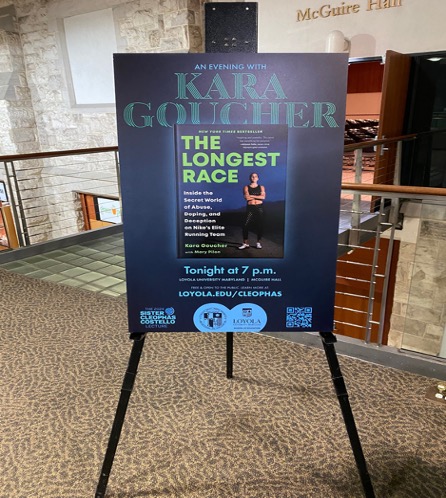


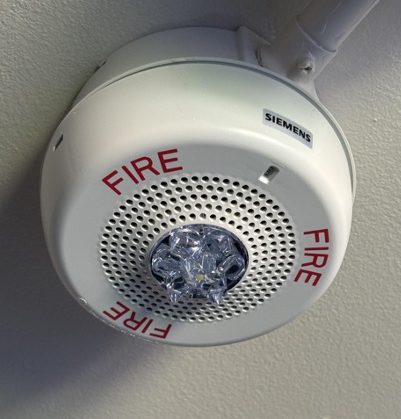

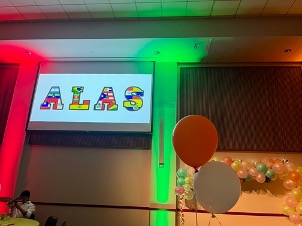
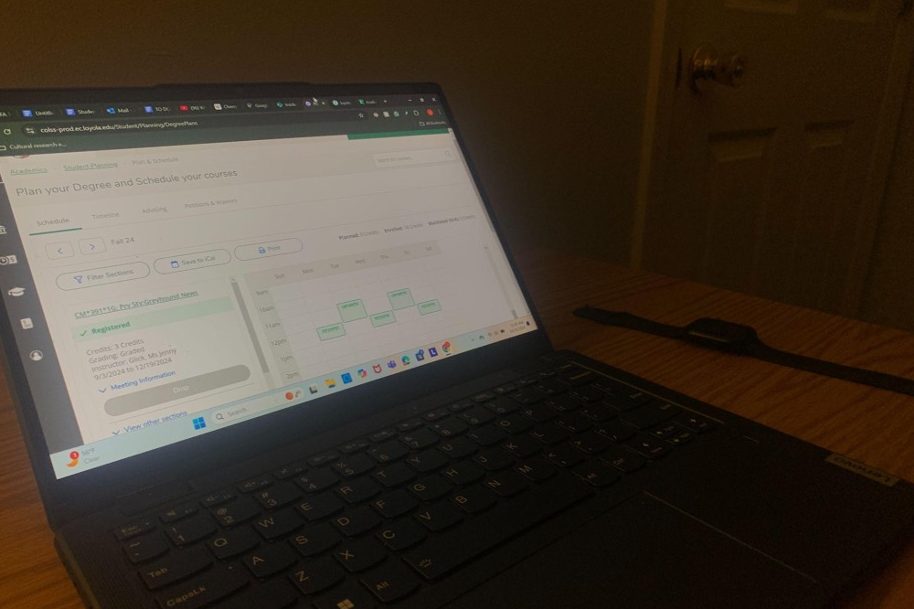
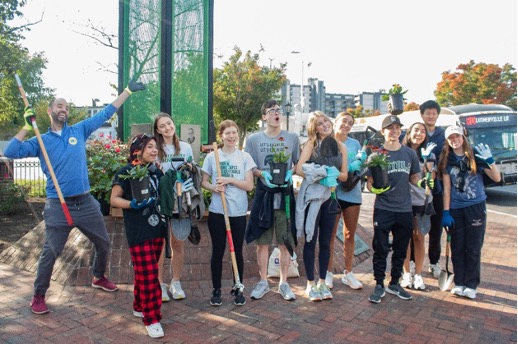































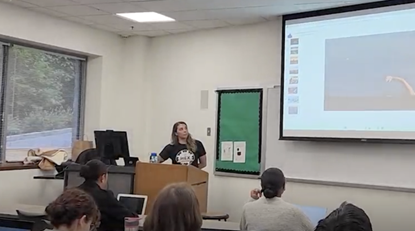
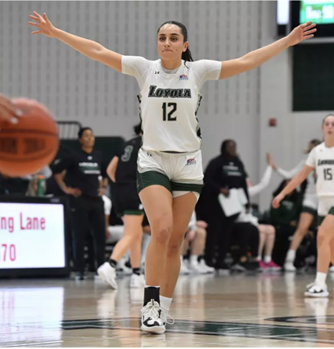
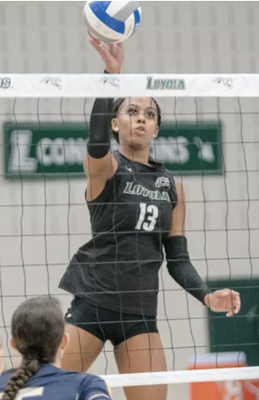
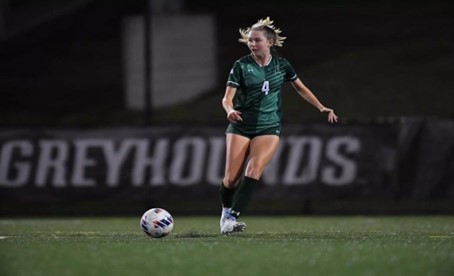
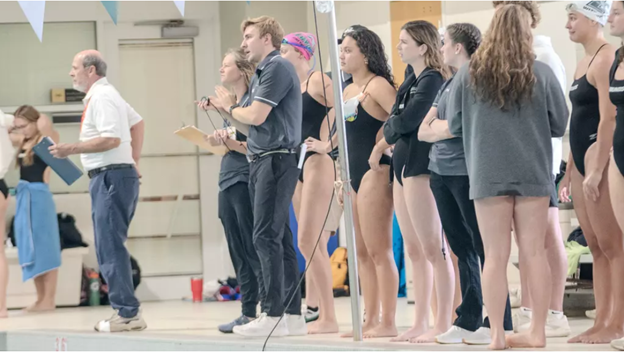
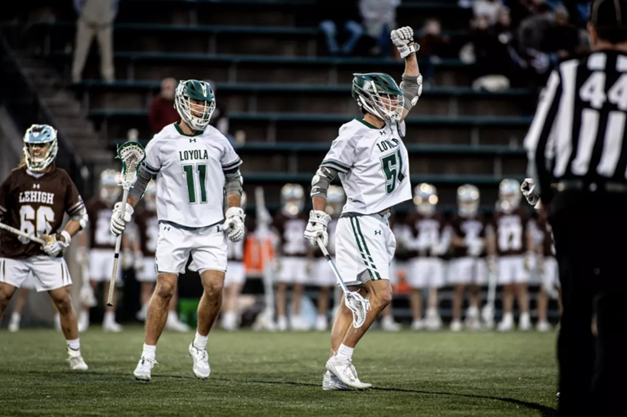
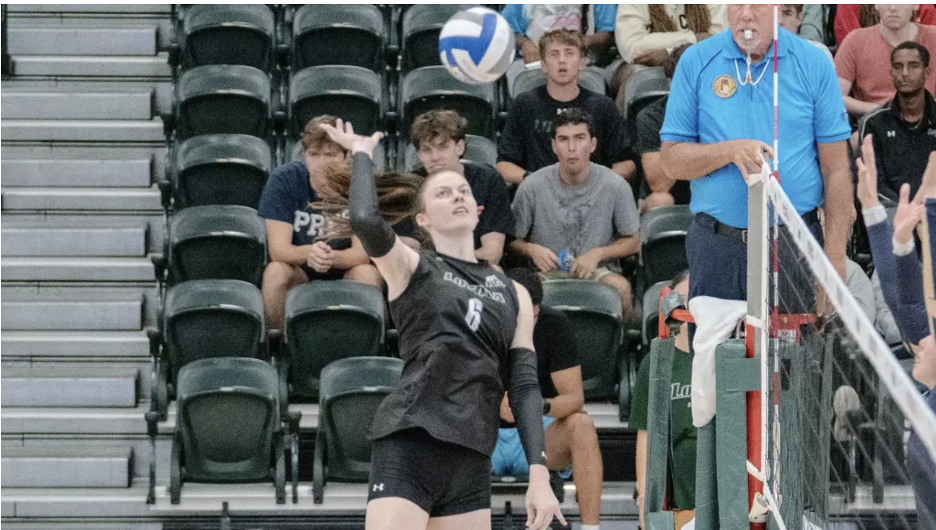












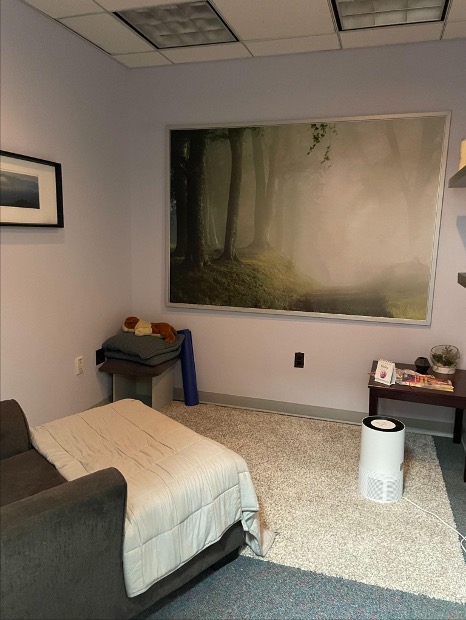
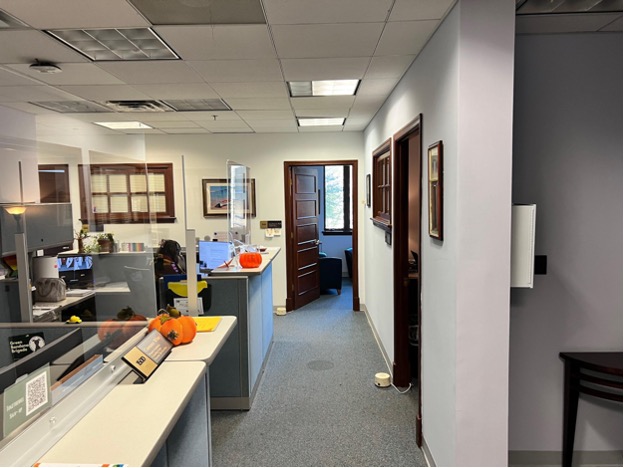










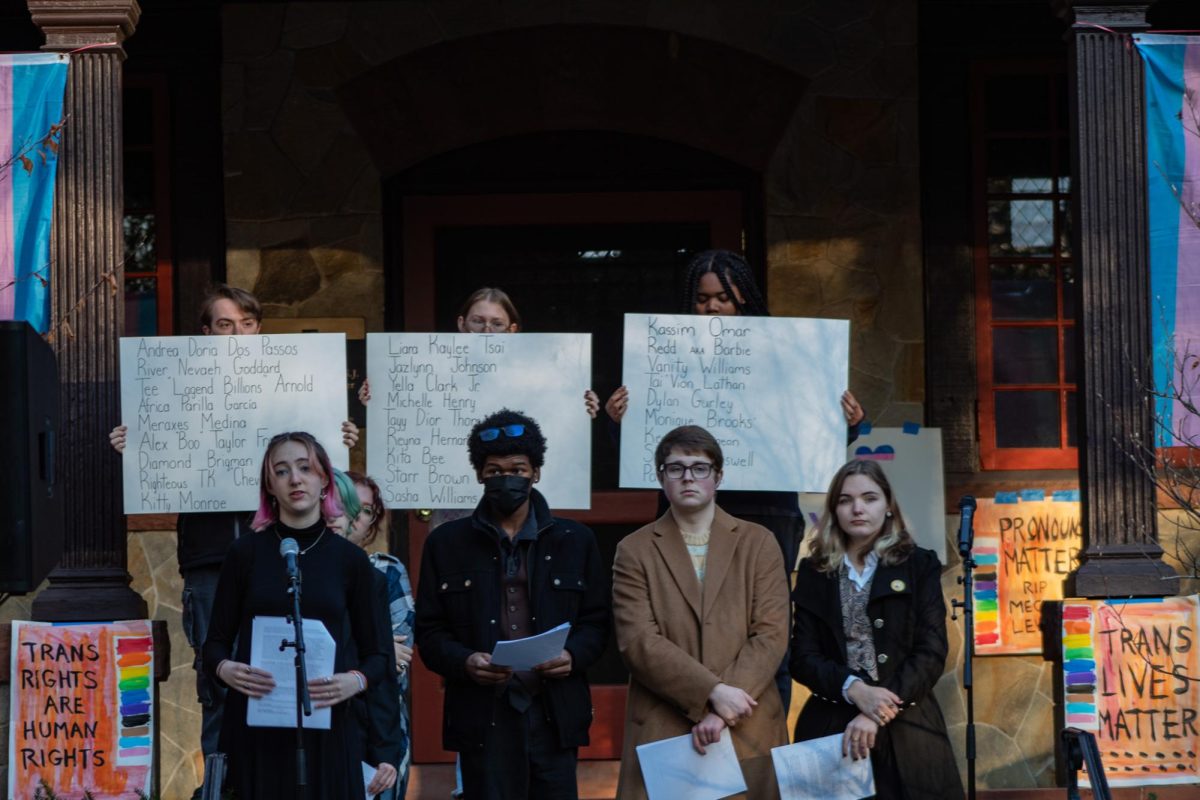
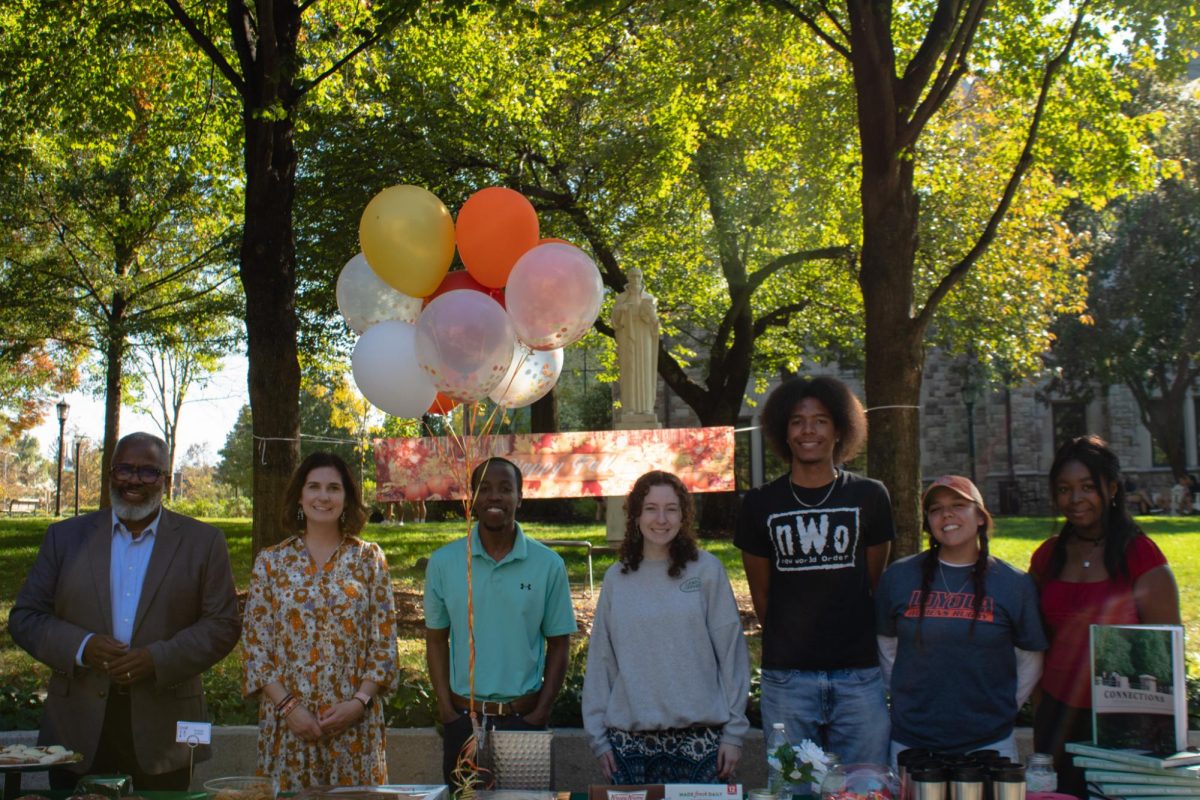
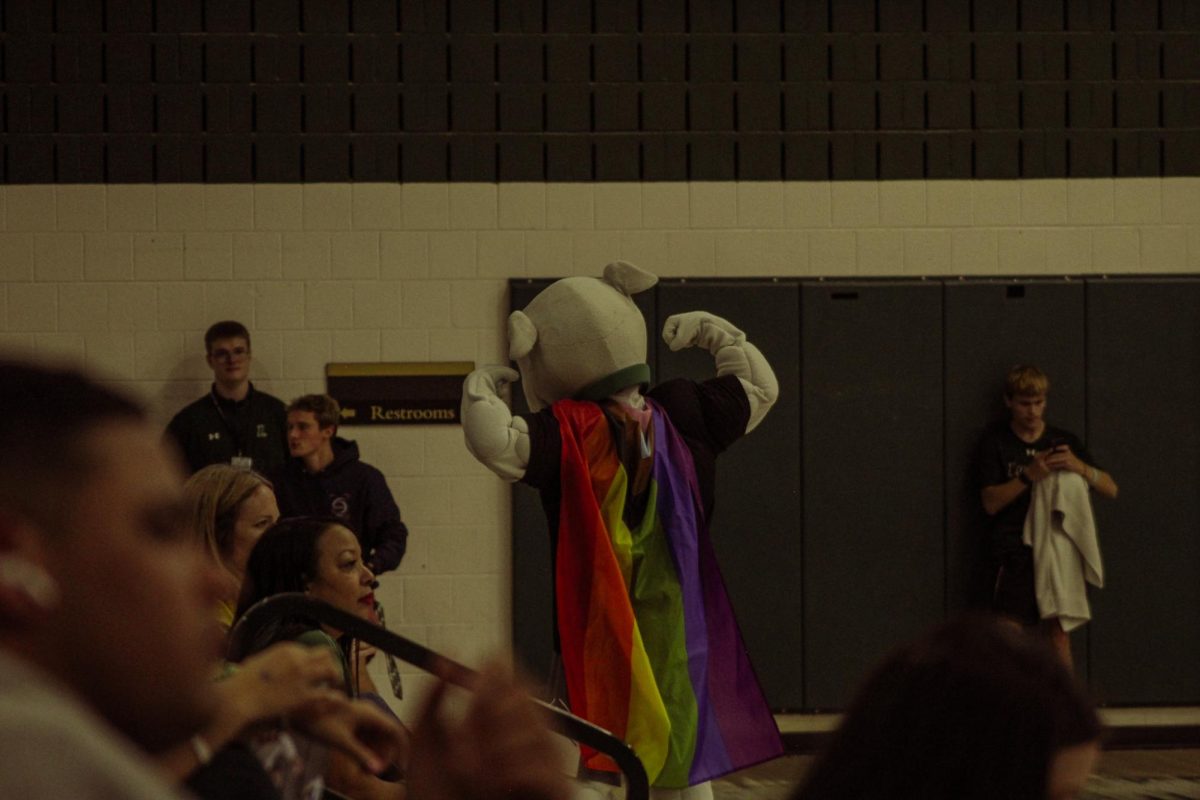
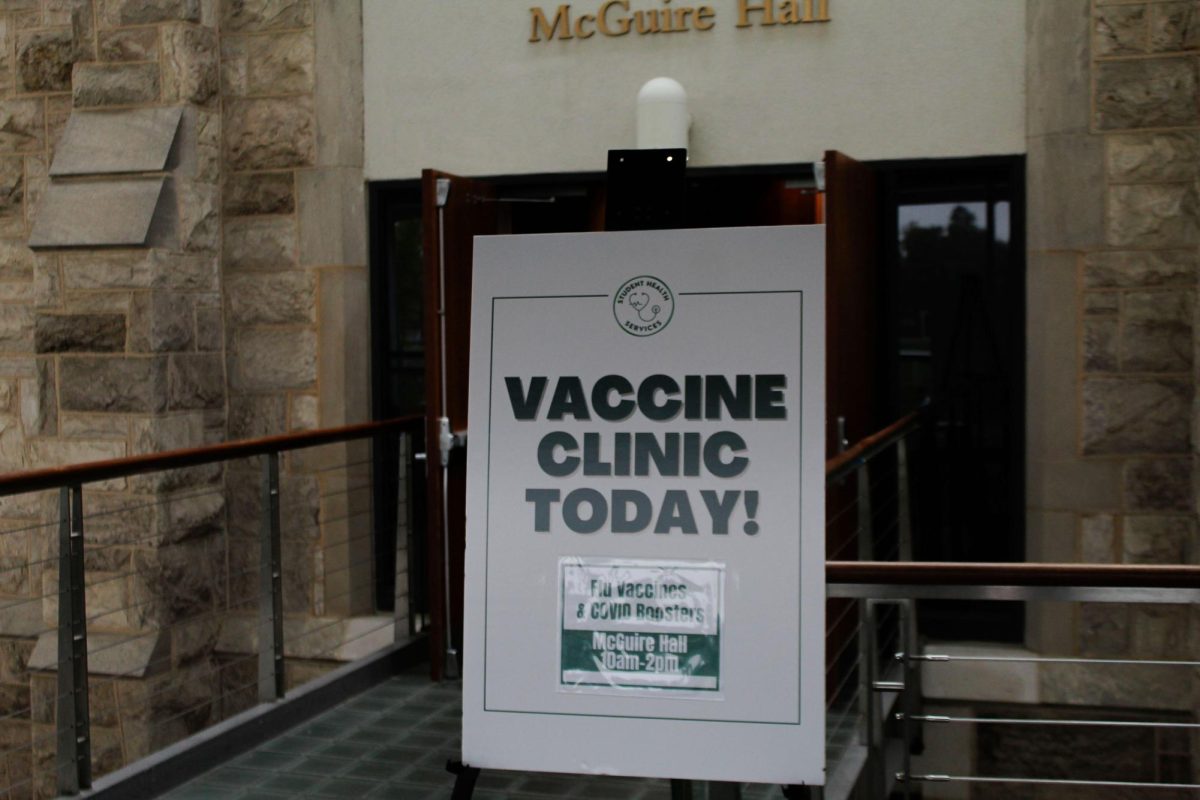




















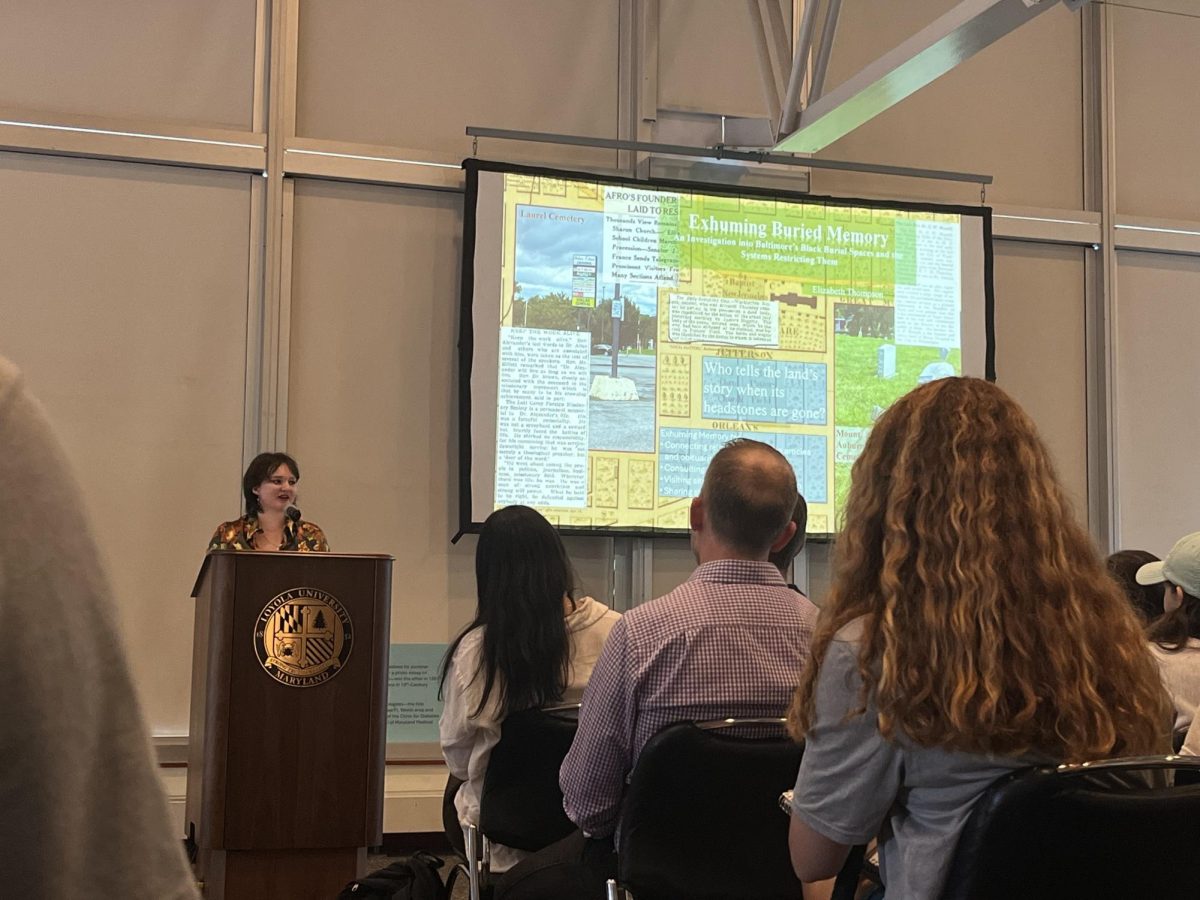

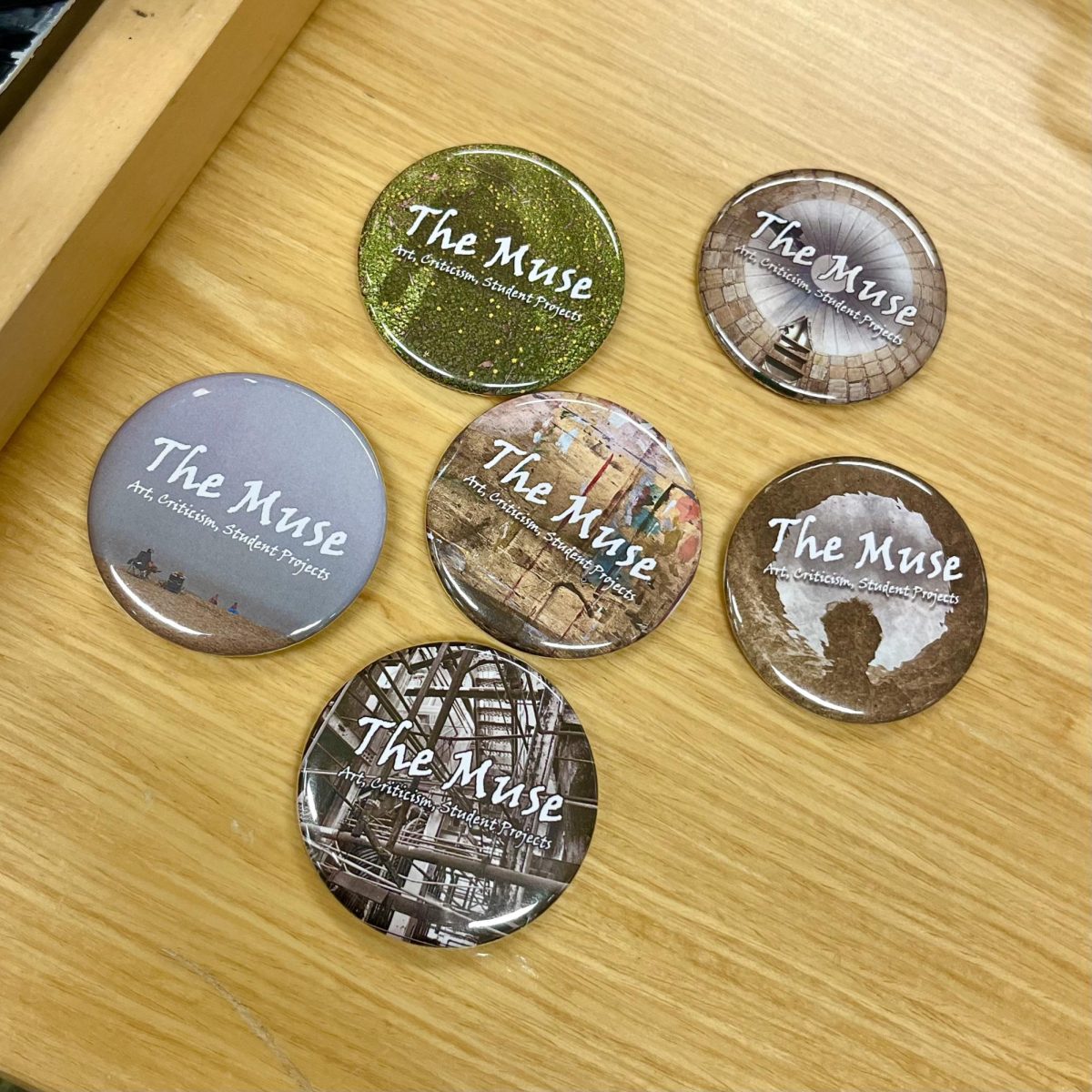

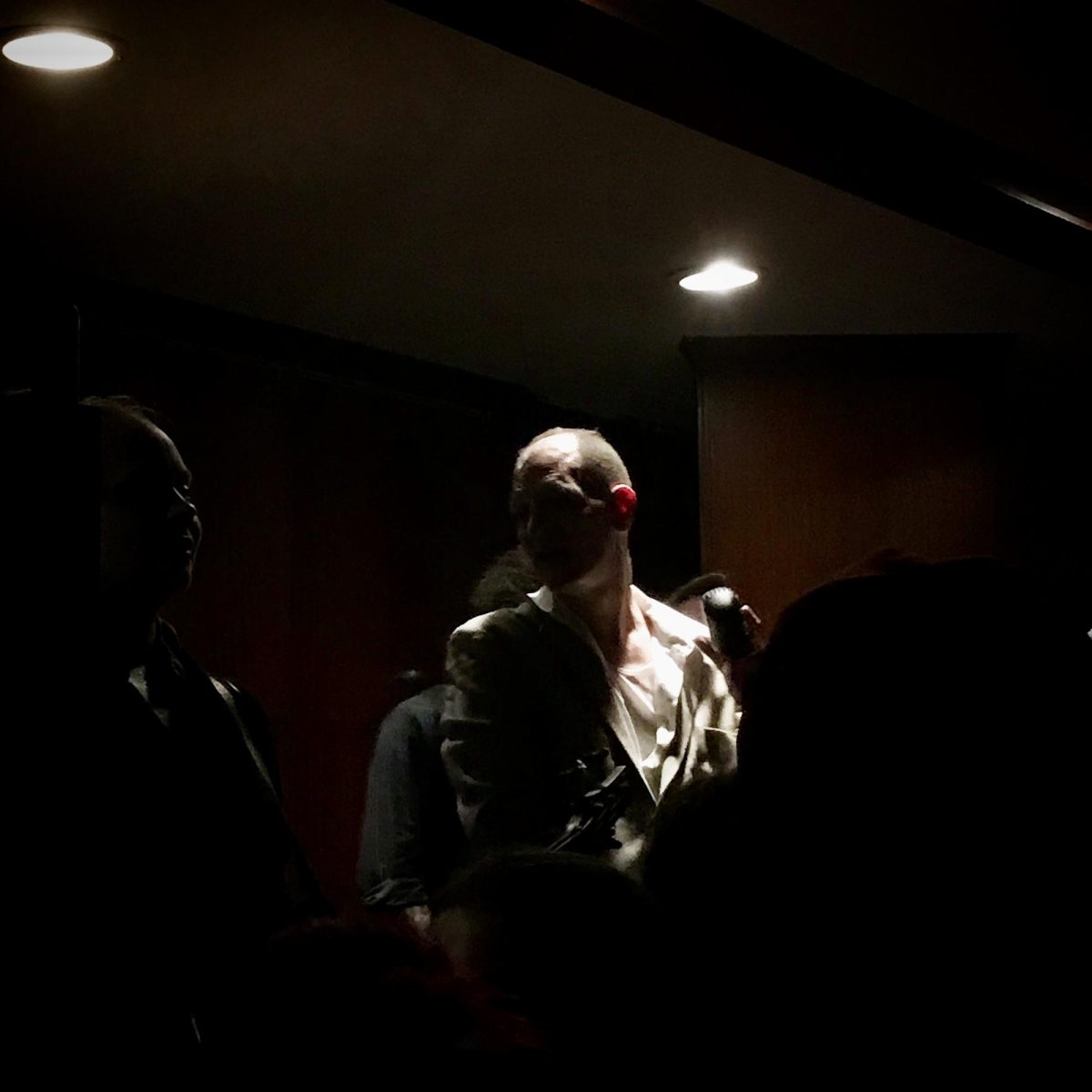


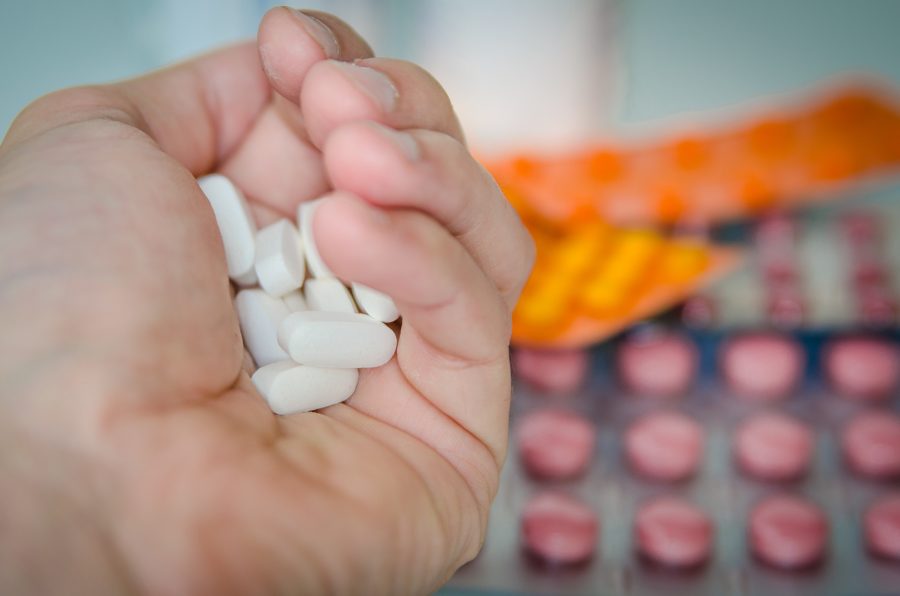
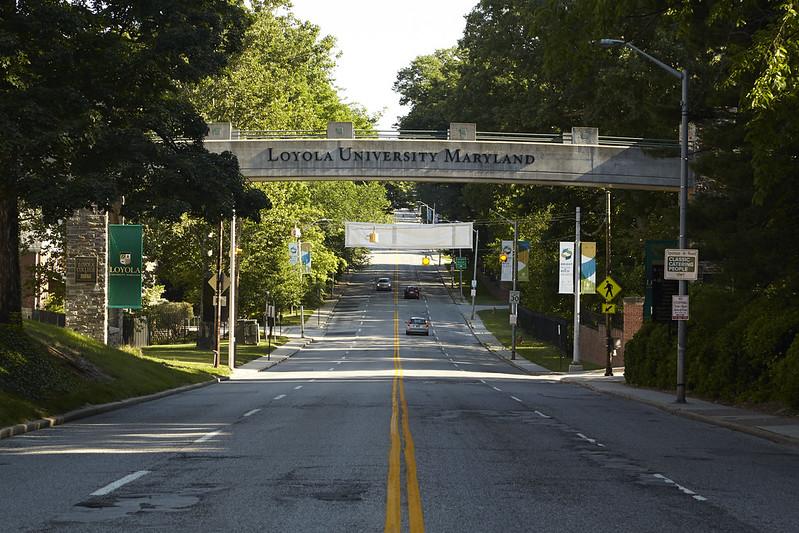

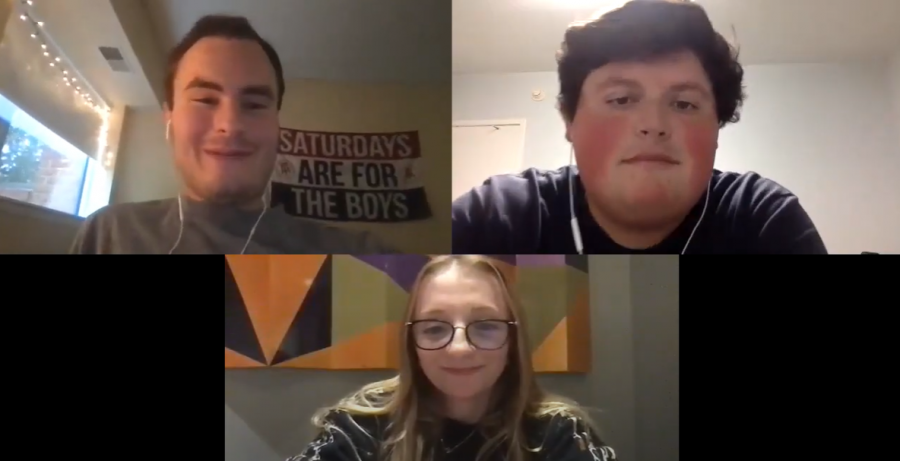
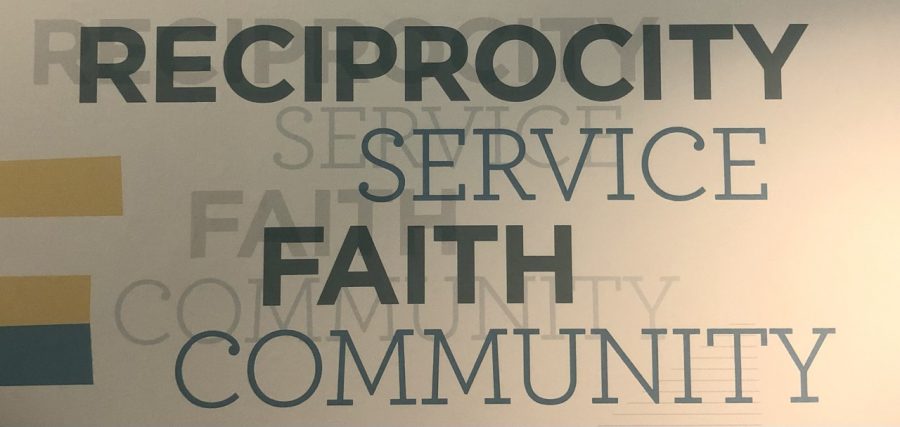
Anonymous • Dec 27, 2017 at 4:25 pm
5